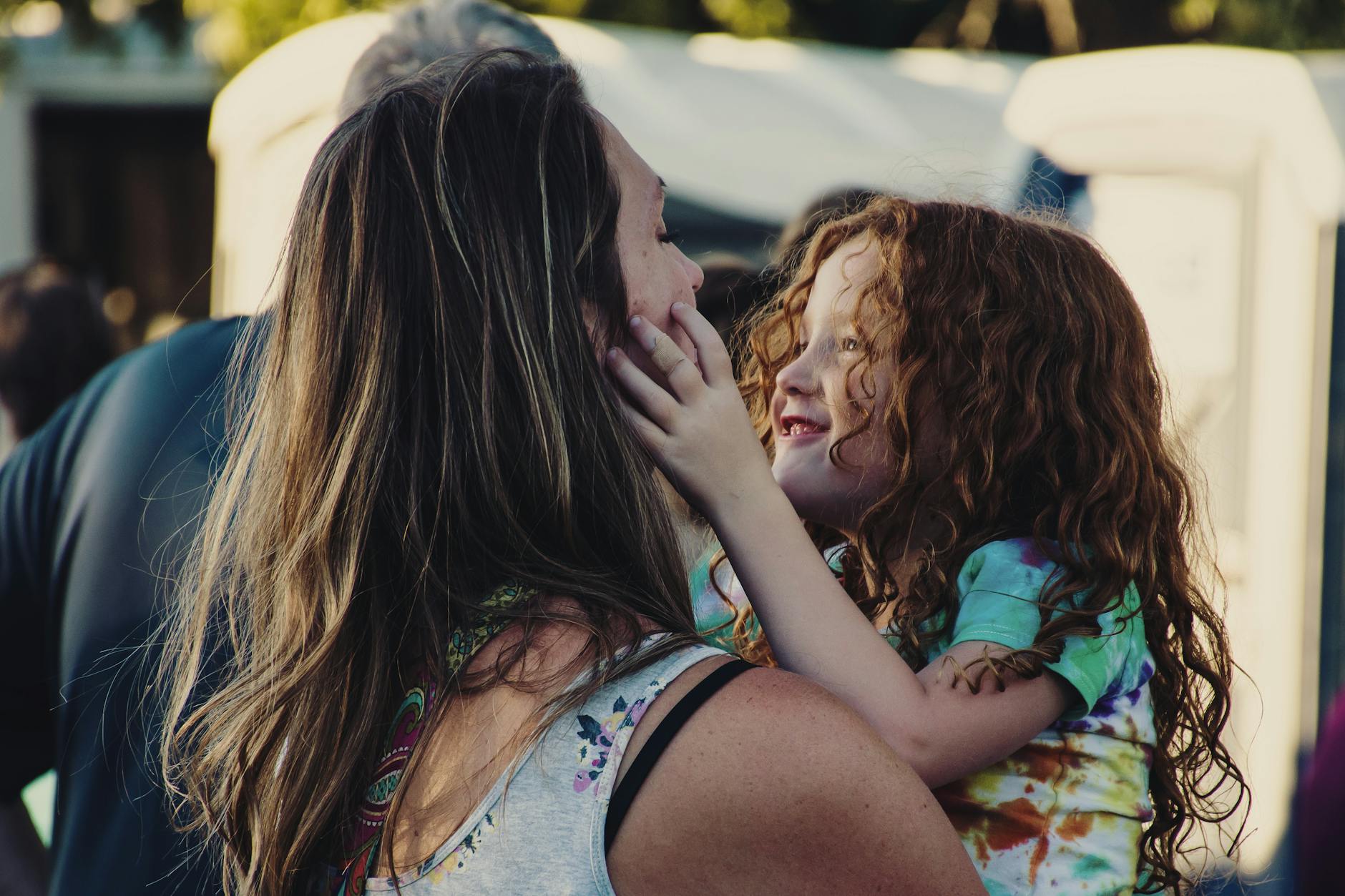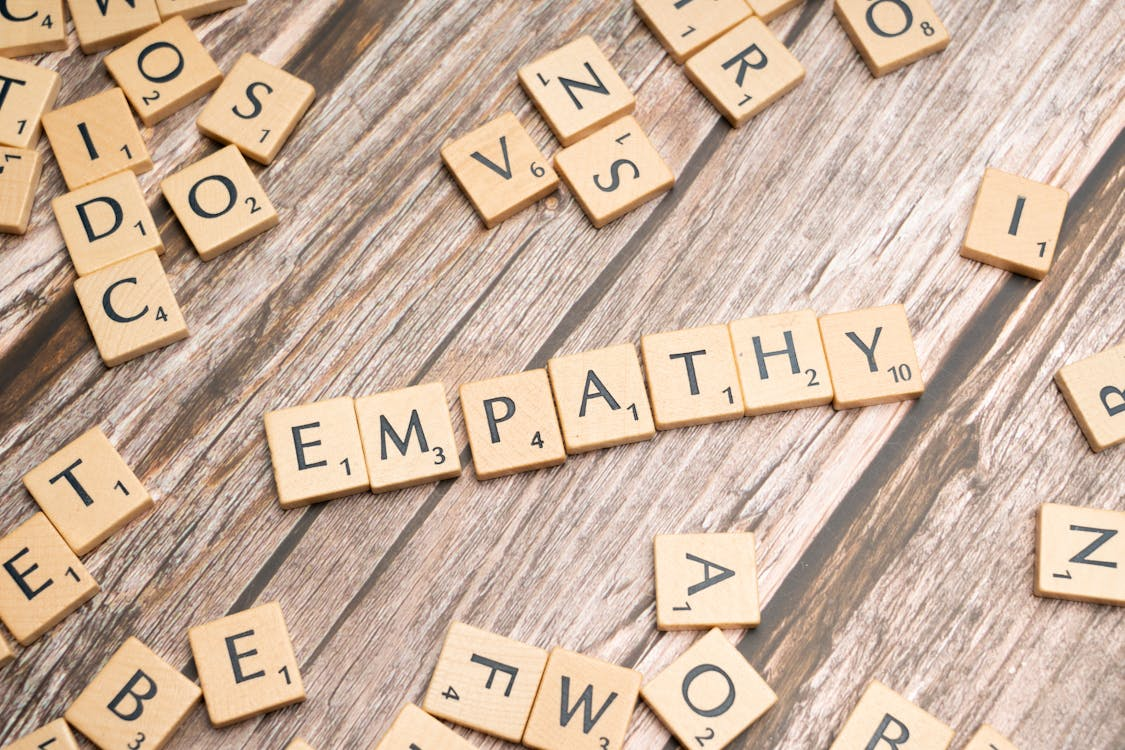How Teachers Can Impact the Bullying Epidemic

Written by elementary educator, Omolara Gbadamosi, in July 2016
The True Story of Thomas
My student was getting bullied, so what did I do?
I once had the privilege of teaching an eight-year-old boy (who we’ll call Thomas). Thomas was bullied daily by his peers.
Thomas could not coordinate himself during class activities and didn’t answer questions correctly. He appeared disorganized, fearful, clumsy and awkward. He was often alone during play times.

Thomas was a student who had trouble understanding simple concepts, even after they were explained several times. Due to his academic challenges, adults commonly became frustrated with Thomas, often in subtle ways.
Other students picked up on this, and they felt it gave them the liberty to mistreat him as well. He accepted it, believing he was “good for nothing.”
The other students looked down on him. They overlooked him and made fun of him.
If one of the pupils found out Thomas was going to be paired with them, you could see the visible disdain on the other child’s face. It was such a daunting experience.
I knew I had to help Thomas.
To be honest, it was a huge effort to control my emotions when dealing with Thomas. However, instead of showing frustration, I found the grace to encourage his little efforts.
Regarding his peers, I made it clear that no one had the right to mistreat him. We had a session one particular day concerning this. I let them know that if they didn’t like his work or his ways, then they should help him. I reminded them that there were times when they didn’t get things right too.
It became everyone’s communal duty to be Thomas’ fan. If you acted otherwise, then it meant you had a negative thought or motive against him and would have some explaining to do.
The truth is, these children didn’t know any better. They just needed someone to re-orientate their thinking and also help them understand as well as show empathy.
Did these strategies work to reduce the bullying against Thomas?
With time, Thomas began to improve. He would complete his work, which I differentiated to meet his academic needs. With every success he made, he became increasingly motivated and would ask to engage in more activities.
He even started assisting his neighbor, who sometimes lagged behind.
In the process of decreasing bullying towards Thomas, I discovered his creativity. He could tell amazingly interesting and original stories. He just needed guidance and practice.
On a particular day, I announced his very high score, which took the whole class by surprise. A great ovation ensued. Who started clapping? It was the elites within the class, and I didn’t stop them.
You should have seen the genuine excitement on their faces. I was so touched; almost moved to tears. Thomas sat there smiling shyly; his classmates had clicked on his ‘confidence’ button.
Gradually, he began to see some good in himself and started displaying some measure of self-confidence. His successes and sense of acceptance gave him the courage he needed to become participatory during class discussions.
He would ask questions, and no matter how they sounded, I took the time to answer him. I must say that it was tough to put up with some of his questions. However, when the children saw that the ‘teacher’ acknowledged him regardless of how he was, they had no choice but to become patient too.
Thomas began attempting to answer questions without being called on (something he dreaded in the past for fear of being mocked). He was surprisingly articulate too.

The intimidation Thomas suffered for so long stifled his ability to express his thoughts well. He had abilities that bullying almost crippled.
Thomas was also encouraged to sit or hang out with his classmates, and soon, he summoned the courage to join in chitchatting during playtime.
During confrontations with others, Thomas would ask me for help. I became his defender when needed. Later, when he would come, I encouraged him to go back, look in the eyes of the other child and boldly but calmly tell them how he felt or that the act should stop. I told him to be assertive no matter who the child was.
You May Also Like: Dragon and The Bully – A Cute Children Story To Teach Kids About Dealing with Bullying in Schools
Thomas began to hold his own to the point that his peers were the ones who would now report his ‘mischief.’ Because of him, our communal rule was developed. They were all expected to look out for each other (in and out of the classroom).
Surprisingly, I got very heartwarming results.

Related Poem: I Wish I Was There to Protect You (A Poem About Bullying)
What did I learn from my experience with bullying?
Teachers lead by example, and students follow.
Within the school environment, the classroom is a child’s home. It represents the family unit.
Teachers are like parent(s) at school who can help children develop and enjoy socio-emotional stability.
I believe it is easier to foster these skills when children are still in preschool or elementary. The hope is that if they are helped early enough, they will be stronger teenagers and adults.
The need for teachers to consistently carry the class along in order to help the “seemingly helpless” ones cannot be overemphasized.
In time, the other children will become a backup outside the classroom. Furthermore, the child who was getting bullied will learn to stand up for him/herself.

Based on my observations, children bully for one of the following reasons:
1. They have an overbearing nature. A child who by nature has tendencies towards controlling others may likely enjoy suppressing their peers.
A bully can easily identify a timid child and would gladly take advantage of them. If the target is unable to stop the initial ill-treatment, the interaction(s) becomes oppressive.
2. A bully may be unhappy and take out his annoyance on another child. Like the popular saying, “hurt people hurt people,” the hurting child who feels emotionally or psychologically helpless at home may in turn look for a child they can get their pain out on
There are many options, but they make an easy pick. They target someone that will tolerate their nonsense. If only the prey knew the truth, that the bully’s taunts mean nothing about them at all.
3. The bully secretly feels insecure about their own life (e.g., looks, intelligence, family background, etc.) and projects those insecurities onto others as a defense mechanism (e.g., unhealthy reaction to stress).
4. A child’s environment may indirectly have an influence over their behavior too. For instance, a child who is surrounded by arrogant/judgmental adults is likely to act the same way.
5.. The bully may genuinely not know otherwise and believe it is okay to act as though they are above others. If not counseled, they would think these behaviors are the norm.
6.. Some might also believe that being a bully is a ticket to becoming popular, so they indulge in the viciousness.
7. There are children/teens who would never initiate bullying; yet, they join in when they see others bullying. They appear to be easily influenced by those with stronger characters.
It may be that these children crave validation. If the popular group is unjust or unfair to others, these children will most likely be willing to join them. Some kids may also attach themselves to a peer group who bullies to protect themselves from being victims.
Related Article: 15 Ideas to Build Confidence and Self-Esteem
Some students don’t act when they witness bullying.
There is a group that does not bully, but they don’t protect the victim either. Why? It could be that they do not want to fight battles that could make them targets of revenge, so they stay clear.
In some cases, they may not be afraid of interfering but simply do not want to get involved in matters that would erode their peace and self-respect. Some cannot be bothered, while some believe the victim should be able to stand up for himself/herself.
Victims tend to depend on validation from others.
The fact that a child is bullied does not mean they are verbally or physically feeble.
They may be articulate or even physically strong. However, they could lack the courage to speak up, something the bully has.
The bully can also have an inactive conscience (lack of remorse for hurting someone’s feelings).
If the intended victim seeks the approval of others to feel good about themselves, they can be an easy target for someone who does not have empathy. It’s like the perfect storm.
Related Articles:
- Tips to Stop Bullying Part 1: 18 Tips for Parents and Teachers
- Tips to Stop Bullying Part 2: 15 Tips for Kids
Final Thoughts on Bullying in Schools
Almost every class will have at least one child that appears out of place, and others will notice. Oppression is part of human nature and is likely to occur.
The question is, “what can we do about it?” especially when it affects children.
My observations tell me that in order to reduce bullying, we need to understand the psyche of the bully and their peers.
Why do other children bully particular students? Why do some children allow others to make them feel as though they are not good enough? Why do others partake in the humiliation? Why does another group not get involved at all?
It is so important that we teach kids to accept and believe in themselves, even when they don’t have validation.
Parents: think about how you can use these same types of strategies at home to arm your child against bullies.

Rachel Wise is the author and founder of Education and Behavior. Rachel created Education and Behavior in 2014 for adults to have an easy way to access research-based information to support children in the areas of learning, behavior, and social-emotional development. As a survivor of abuse, neglect, and bullying, Rachel slipped through the cracks of her school and community. Education and Behavior hopes to play a role in preventing that from happening to other children. Rachel is also the author of Building Confidence and Improving Behavior in Children: A Guide for Parents and Teachers.
“Children do best when there is consistency within and across settings (i.e., home, school, community). Education and Behavior allows us to maintain that consistency.”









